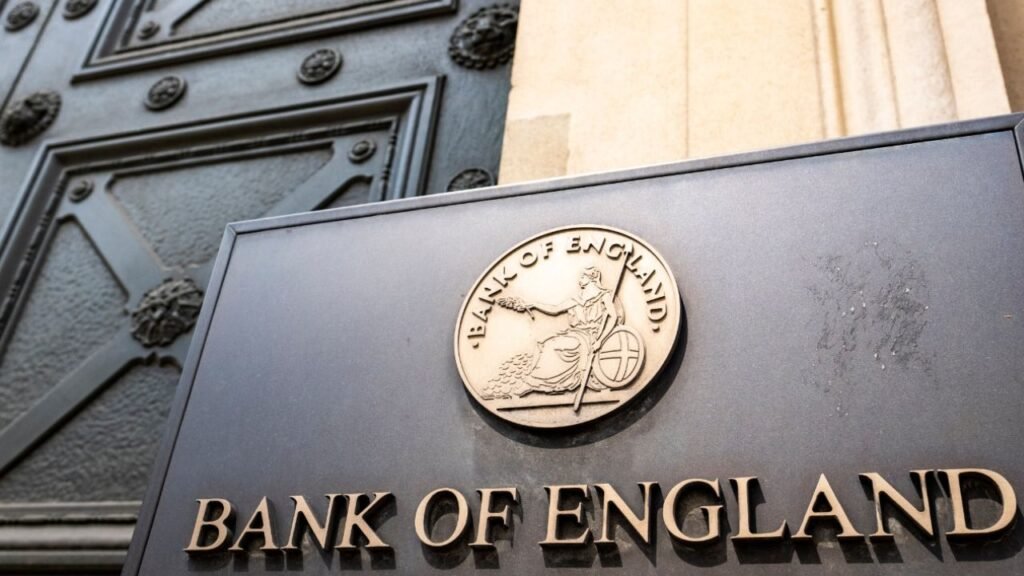For many pensioners in the UK, cash is more than just money it represents independence, control, and the ability to manage daily life without relying on complicated technology. As new rules on bank withdrawals are introduced, there is growing concern that these changes could make it harder for older citizens to access their savings and pensions in the way they always have.
The Push Towards Withdrawal Limits
The banking system has been steadily shifting away from cash over the past decade. Thousands of branches have closed, and many ATMs have disappeared from high streets and small towns. Regulators and banks argue that new withdrawal limits are needed to reduce fraud, encourage safer digital transactions, and cut costs in handling physical money. While digital payments have become the norm for younger generations, pensioners remain among the heaviest users of cash.
What the New Limits Mean
The new rules are expected to place caps on how much cash can be withdrawn in a single day or week. In most cases, ATM withdrawals may be restricted to between £250 and £500 per day, while larger sums at bank counters could trigger extra checks or require additional identification. Some banks will actively encourage customers to withdraw smaller amounts more often, rather than taking out lump sums. At the same time, digital transfers and online payments will be promoted as the “preferred” option for managing money.
Challenges for Older People

For many pensioners, these changes pose serious challenges. Handling physical money makes budgeting easier for those who are not comfortable with apps or internet banking. Rural communities face extra hurdles, as branch closures and reduced ATM networks have already made cash harder to access. Pensioners who struggle with technology could also find themselves vulnerable to scams if they are forced to rely more on unfamiliar digital systems.
Why Pensioners Feel Most Affected
Unlike younger generations, many pensioners grew up in a society where cash was central to financial life. Paper notes provide reassurance and a sense of security that digital numbers on a screen cannot match. Health issues such as declining eyesight, memory problems, or limited mobility also make online banking more difficult. For these reasons, the new rules feel like a direct challenge to their financial independence.
The Government and Banks’ Perspective
Officials and banks defend the changes by pointing to rising fraud cases, the high cost of handling cash, and the need to modernise the financial system. They argue that smaller withdrawals reduce the risk of theft and scams targeting vulnerable pensioners. The Treasury has promised that access to cash will remain protected under UK law, but pensioners say “access” is meaningless if it becomes inconvenient, stressful, or unfairly restricted.
Possible Alternatives and Support
For those worried about the new restrictions, there are ways to adapt. Pensioners can spread withdrawals across the month, make use of Post Office counters for free withdrawals, or consider prepaid debit cards to control spending without needing full digital banking. Trusted family members can also help set up secure systems if technology feels overwhelming. In addition, campaigners are urging the government to introduce exemptions for pensioners, such as higher withdrawal limits or dedicated in-branch support.
What the Future May Hold
These rules raise bigger questions about whether the UK is moving too quickly towards a cashless society. While digital banking is convenient for many, it does not work for everyone. Cash still plays an essential role in rural areas, in emergencies when systems fail, and for pensioners who depend on it for day-to-day life. The debate now centres on how to balance progress with fairness, ensuring older citizens are not left behind in the push for modernisation.
The introduction of new bank withdrawal limits could reshape how pensioners manage their money in the UK. While banks and regulators see this as a step forward, many older people fear it will erode their independence and create unnecessary barriers. For now, the best approach is preparation understanding the rules, exploring alternatives, and demanding fair treatment so that pensioners continue to have reliable and convenient access to their own money.

